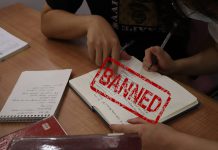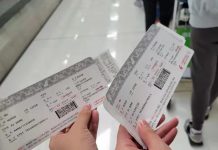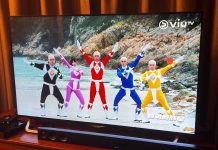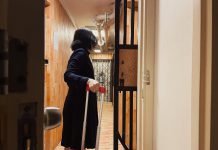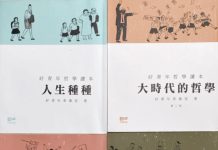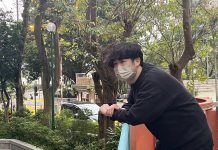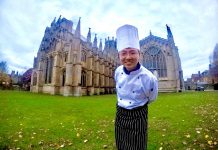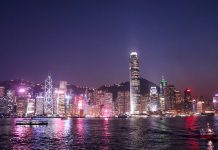While many students may take just one science elective, Wong adds that many sciences nowadays are interdisciplinary. For instance, there are new academic areas such as biophysics which requires knowledge of both biology and physics.
Chiu Man-lok, a 21-year-old year 4 CUHK undergraduate studying food nutrition, took chemistry and biology as electives in secondary school. She says it took her a longer time to understand some of the course content as she had not studied physics. She explains that physics-related topics were brought up in discussions about certain food technology machines.
“Food nutrition seems to have no connection with physics but it turns out a lot is related to physics,” she says.
Dr Hui Wai-tin from the Department of Education Studies at Hong Kong Baptist University says there is a basic contradiction in the current education system in that university education is essentially elitist. The old A-Level system was also elitist because only one third of students would study for them in Form Six and Form Seven. However, the DSE curriculum is a kind of universal education, so the course contents have to cater to more students and therefore lack depth. Yet the students who take these courses still need to compete for the limited university seats.
Hui also says liberal studies in DSE is designed in a way that covers science but fails to achieve universal science education because a social scientific approach is adopted. “It doesn’t talk about the ozone layer but instead the Kyoto Protocol. It talks about solar energy but does it talk about how the solar panel is made? How wind energy works?”
The DSE curriculum, along with the requirements for university admission, may be discouraging students from studying science subjects at school. Cheng Siu-wing, who chairs the Hong Kong University of Science and Technology’s (HKUST) School of Engineering’s Local (undergraduate) Recruitment Admissions Committee, says students entering universities now have a less comprehensive understanding of science subjects.
“To a certain extent, if students just study according to the university admission requirements, their scope of study could be narrower,” Cheng says.
One result of the decrease in students taking DSE science electives is that some science and engineering programmes have dropped their candidate requirements from two or three science subjects to just one.
The median admission scores of the engineering schools in Hong Kong are among the lowest of all programmes – for example, the median admission score of the engineering faculty at CUHK is 4.21, which is the lowest among all programmes. This means some students regard the engineering programme as a safety net in their university choice and may not be genuinely interested in engineering or science.
Some schools, including HKUST, are now giving students more incentive to choose science, mathematics and technology electives by increasing their weighting in admissions scores.
“If they don’t need to cram for the four core subjects, they can spare more time on the electives subjects they are genuinely interested in,” says Cheng. His university is also considering a new method to avoid the loss of potential STEM talents by adopting admissions not based solely on DSE scores but on a deep interest in science and innovation.
Lam Hon-ming, a professor from the CUHK School of Life Sciences, says many students choose finance and business-related university programmes because they offer better prospects. Lam, who has been involved in scientific research for 30 years, says students are less determined to engage in science and innovation. While many regard STEM education as a panacea for the city’s future research and development, Lam believes Hong Kong is just starting to build a knowledge-based economy. Ultimately, success may depend on how lasting the government’s commitment is.
“[Are we engaging in STEM] because everyone in the world’s talking about STEM? Or is it because Hong Kong sees a need to transform from being dependent only on financial services?” he asks.
Edited by Karin Li





